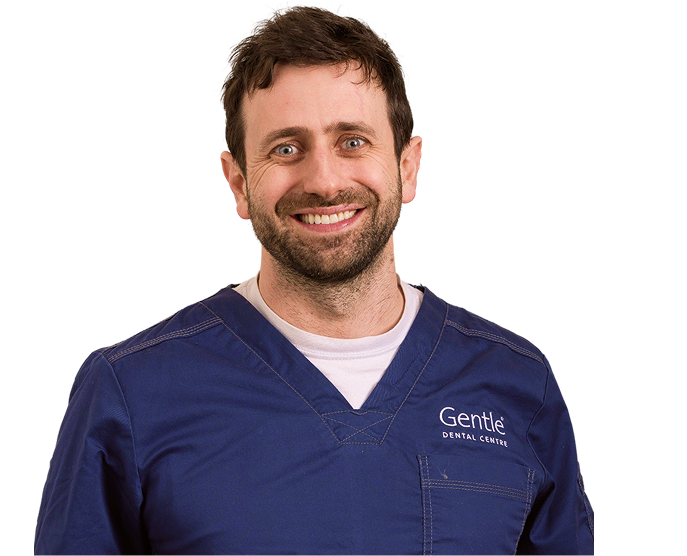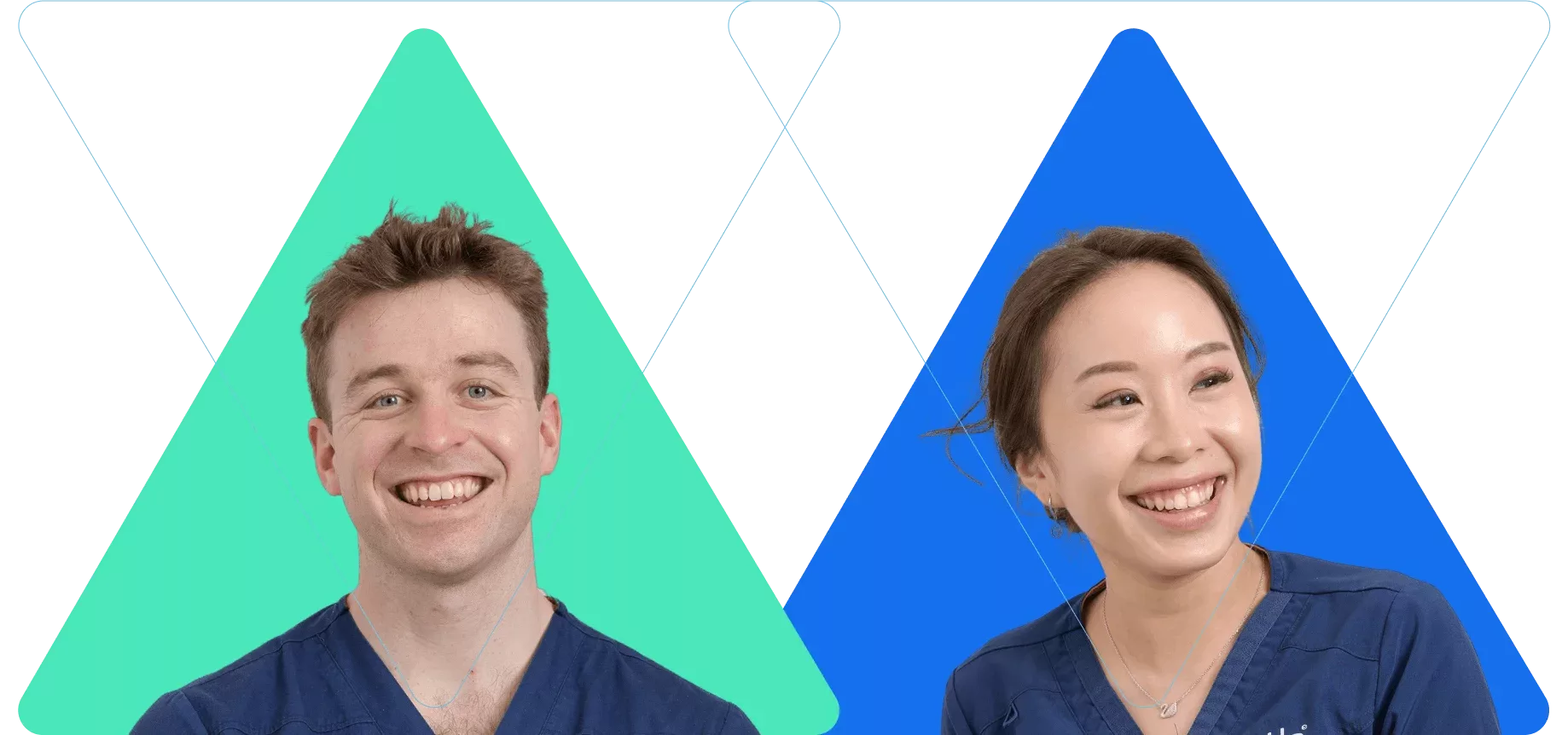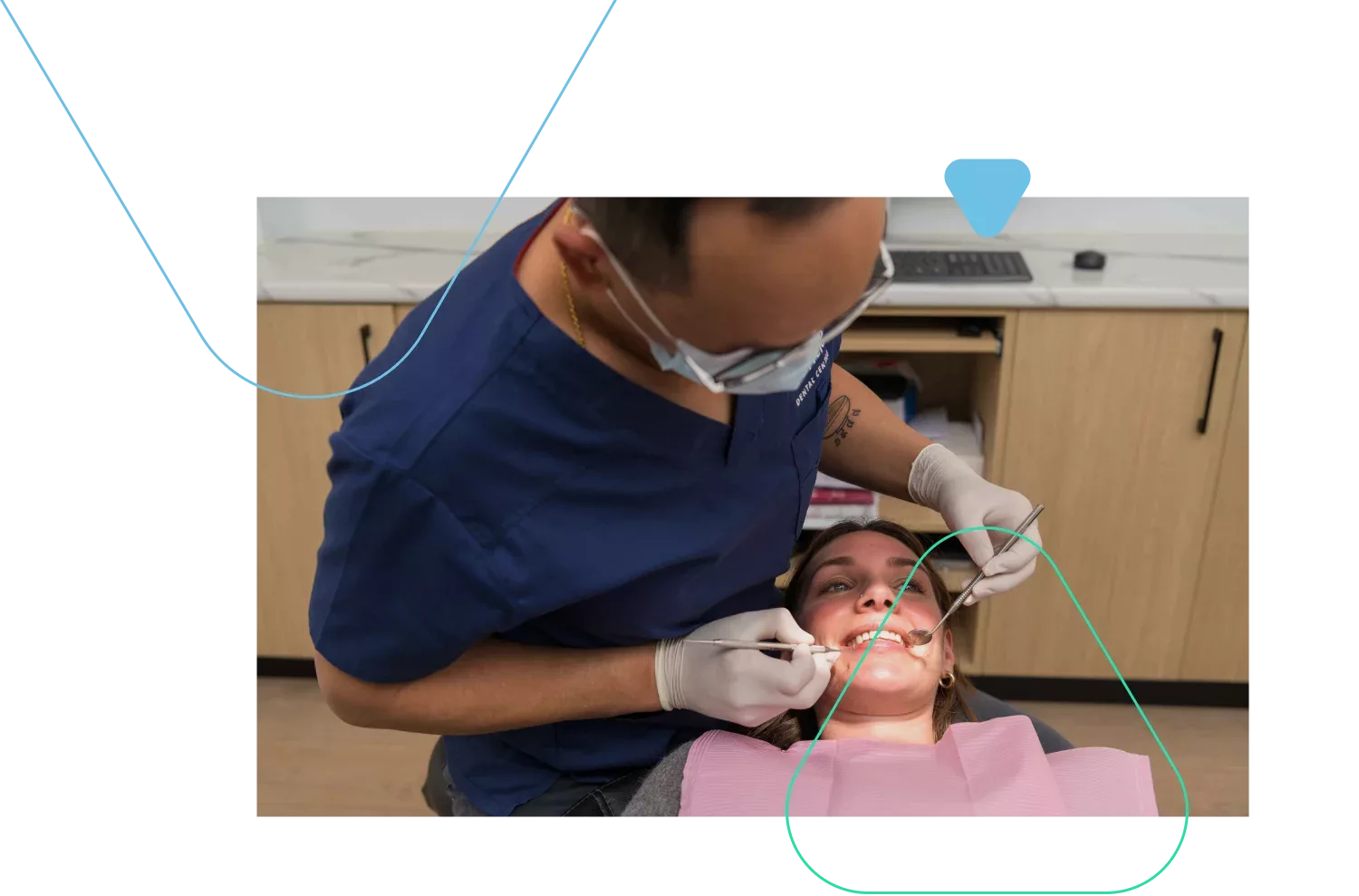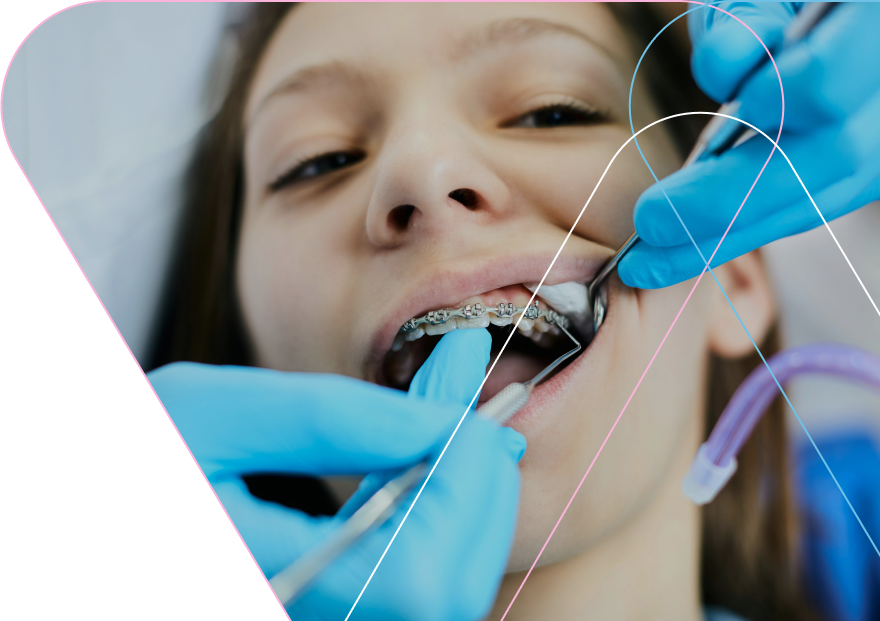Is Orthodontic Treatment Right For You?
Our team of specialist orthodontists in Wellington offer a wide range of treatments in-house including clear braces and Invisalign. Here, you can learn more about whether braces are right for you or book a consultation to speak to a specialist.

How our orthodontists can help?
While improving the look of your smile is a great reason to get braces, there are lots of health benefits that come from seeing an orthodontist. Braces will give you straight teeth that are easier to clean or floss between and reduce the risk of tooth decay.
Fixing crooked teeth and alignment issues can also decrease wear on your enamel, improve the way you chew, and even change the way you speak. With braces, our Wellington orthodontics can give you straighter teeth while fixing issues that can cause cavities or discomfort later on in life.

Common signs you might need braces
The best age to get orthodontics
Orthodontic treatments work the fastest in young adults. At this age, teeth respond well to the gentle pressure applied by braces and many teens complete their orthodontic treatment in 18 to 24 months.
There’s no maximum age limit on when you should get braces. It’s become more common for adults to get treatment in their 20s and 30s. The only difference is that many patients opt for Invisalign or clear braces as they’re a bit more discreet than wire braces. At your consultation our Wellington orthodontists can discuss whether you’re a good fit for Invisalign.


What does it feel like to get braces?
Our Gentle Braces team can create a digital model of your teeth using 3D scanning technology while you sit in the dental chair. You can even listen to music or watch tv during your appointments. Our Wellington orthodontists can answer any questions you have at your consultation.
Care tips for braces
01 Brush after Each Meal
Whether you have Invisalign aligners or traditional braces, you’ll need to clean your teeth after each meal. This might mean you have to take a toothbrush and toothpaste to work, school or university.
02 Brush Thoroughly
With braces, it’s more important than ever that you brush your teeth thoroughly. Food can very easily get stuck between your brackets and wires. Brush for two minutes. Floss or use a water pick every day.
03 Avoid Hard Foods
Hard foods can break the brackets or wires on your teeth. You may find it easier to chop apples into segments, cut corn from the cob and avoid overprocessed, very hard or sticky foods during treatment.
Foods to avoid with braces
While you can eat most foods, if it’s hard, crunchy or chewy – it's probably a bad idea. Hard foods like whole apples and carrots should be cut into slices or sticks before you eat them so that they don’t break your brackets.
Sticky foods like chewing gum and lollies can pull your brackets off your teeth while some crunchy foods like popcorn and peanuts can damage wires and brackets. Some soft foods can also cause problems. White bread can turn into a paste that sticks to brackets and is difficult to brush off. Skip these foods for now and enjoy them when your braces come off!


